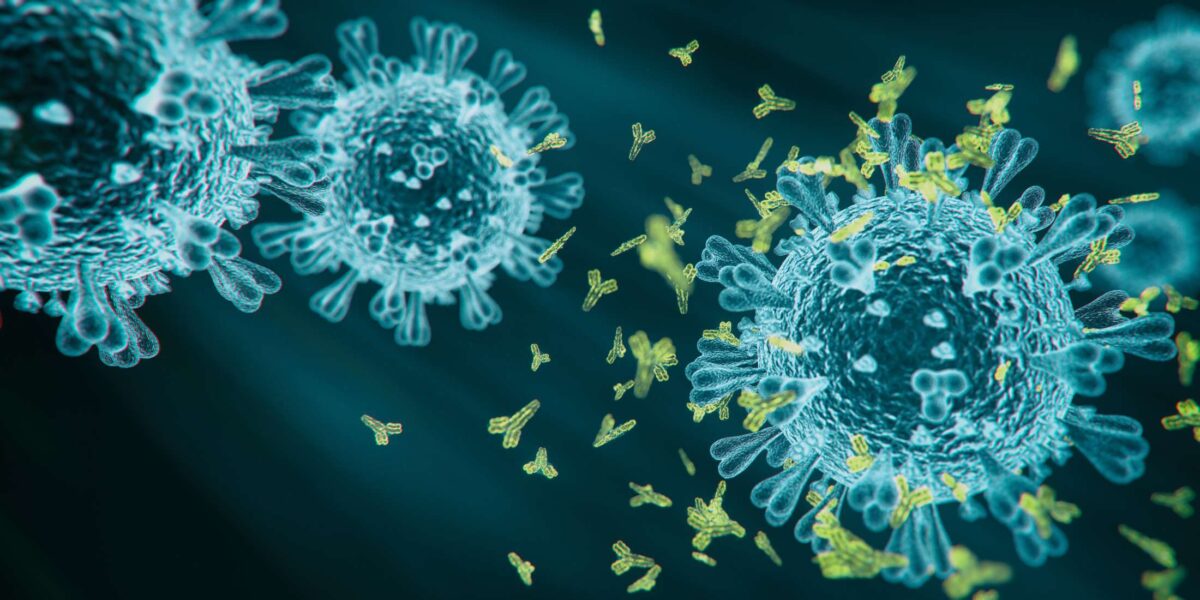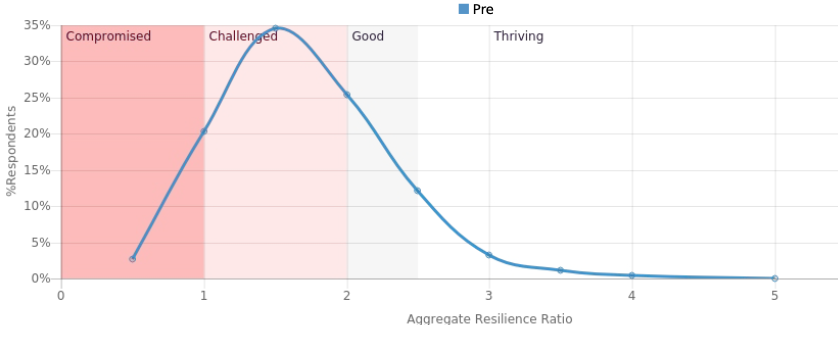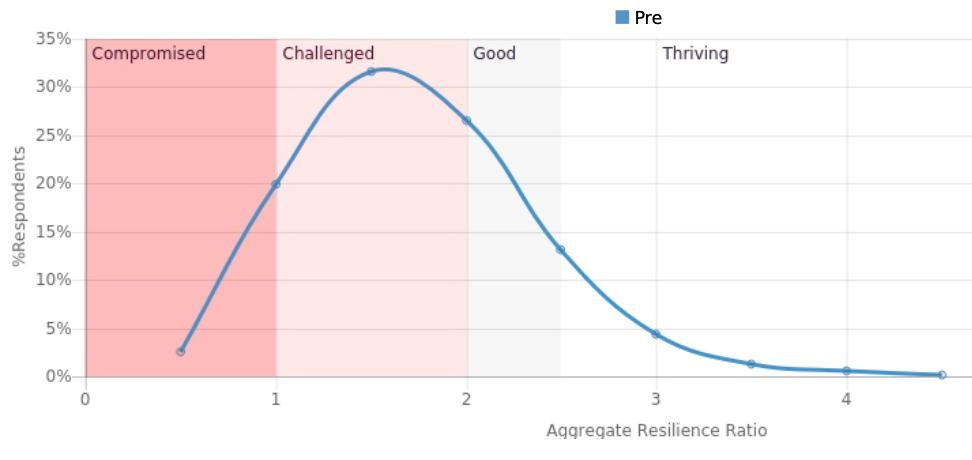
Covid-19 Impact on Mental Health, Well-being and Resilience
What the Resilience Institute data says
In this testing time, we are all concerned about the negative effects of the Covid-19 health, economic and social effects. We ask whether this is true. In a select sample of 1,600 people the crisis has not affected resilience, wellbeing and mental health negatively. In fact, most measures improved.
We compared global Diagnostic results during the periods March to June in both 2019 (sample 1, n = 1,599) and 2020 (sample 2, n = 1,659). The average resilience ratio is actually higher increased. Sample 1 came in at 1:51:1 and sample 2 at 1.61:1. This is 7% higher through Covid-19.


In sample 1, 151 people were identified as at risk. In sample 2, it was 161 (6.6% higher).
The average for male participants went from 1.57 in sample 1 to 1.70 in sample 2. The number at risk actually decreased 2%.
The average for female participants did not change from 1.55 but the number at risk increased 15%. Anhedonia, self-doubt and depressed symptoms increased.
At a category level, it is hard to separate the samples. Mental strength, Energise Body, Master Stress, Confused, Vulnerable and Distress are slightly better during the crisis. Engage Emotion, Disengaged, and Depressed are a little worse.
What strength factors improved?
Purpose, integrity, fulfilment, compassion, situational agility, optimism, influence, situational awareness, assertiveness, nutrition, fitness, health awareness, sleep quality, bounce, and tactical calm.
What strength factors got worse?
Trust, flow, decisiveness, emotional agility, emotional insight, positivity, and empathy.
What risk factors improved?
Overload, intensity, uncertainty, job confusion, rumination, worry, avoidance, apathy, fatigue, sloth, and insomnia.
What risk factors became worse?
Mental fatigue, disconnected, suffering, impulsivity, chronic distress, anxiety, anhedonia (loss of joy), self-doubt and sadness.
So, what can we conclude from this sample of professionals and executives drawn from similar organisations over the same periods?
The Covid-19 challenge has correlated with slightly higher resilience levels.
(Resilience Institute Diagnostic Global Sample, June 2020)
- Mature leadership and mental skills improved
- Emotional Intelligence skills show some decline
- Physical wellbeing and lifestyle improved
- Anxiety and depression symptoms increased slightly
- Male participants fared better than female
In conclusion, don’t assuming that this crisis has had only negative effects. On average, our participants are more resilient.
Caution. It is possible that only the most functional organisations and committed leaders have engaged through this crisis period. The contribution from Europe is a little higher in sample 2 and we know that they achieve slightly higher resilience scores than other territories.
